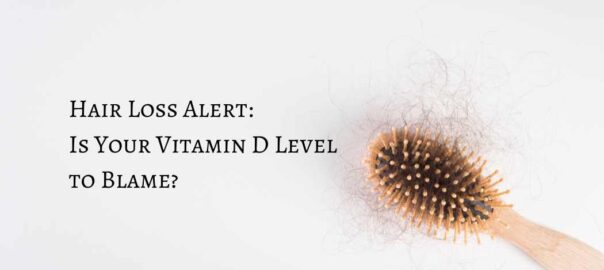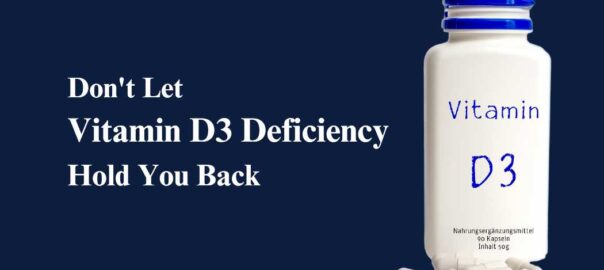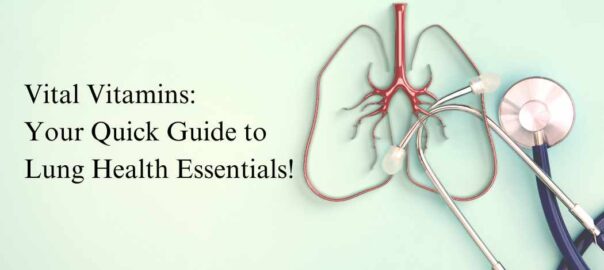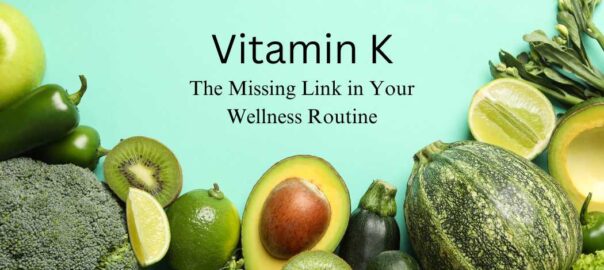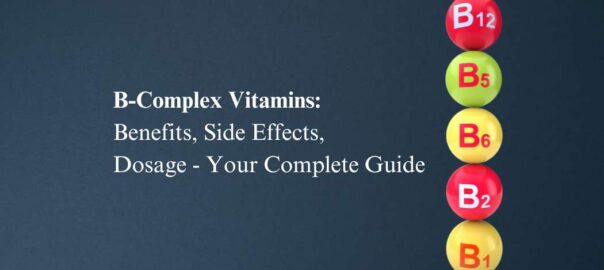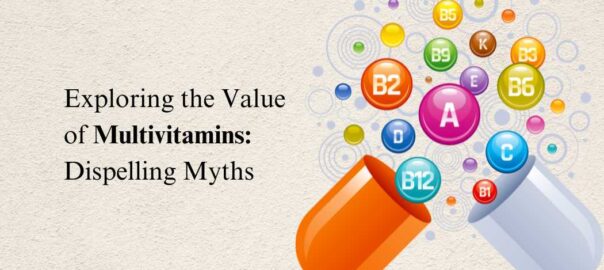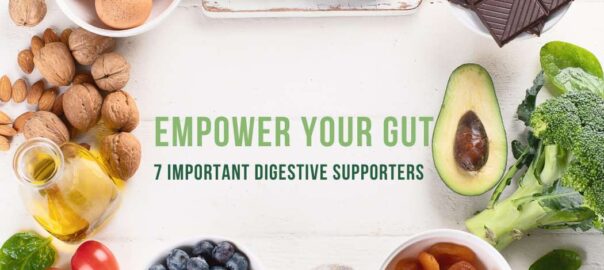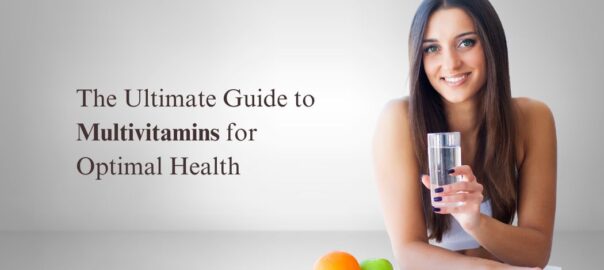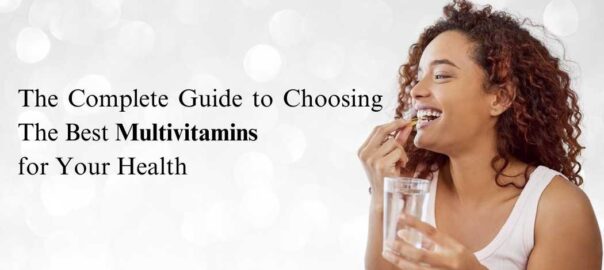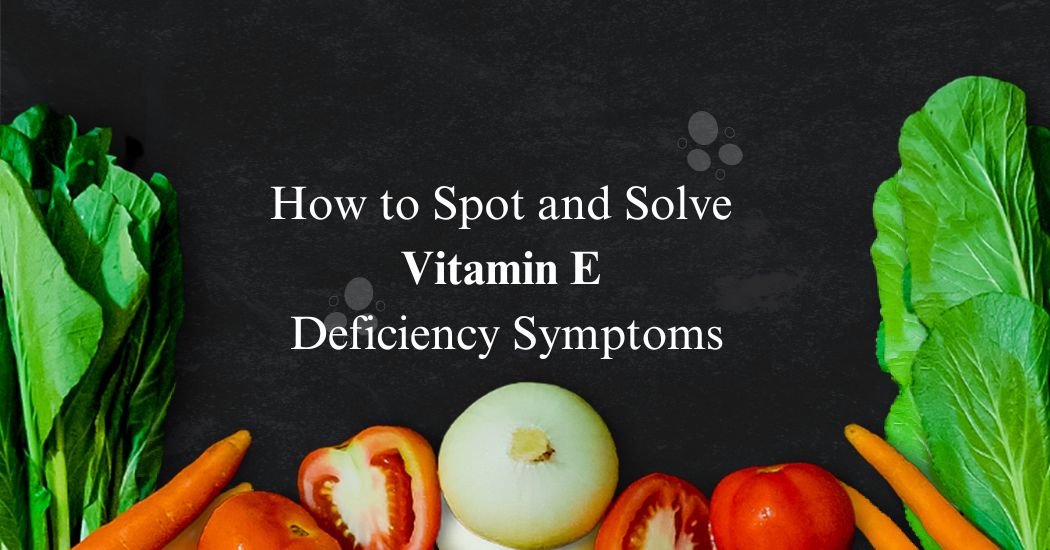
Unveiling the World of Vitamin E Deficiency
Have you been feeling lost and utterly drained lately? It’s easy to attribute it solely to stress, but what if there’s a deeper underlying cause? Enter the realm of vitamin E deficiency, a factor often overlooked but potentially significant in our battle against fatigue and malaise. Let’s embark on this journey together, exploring the symptoms, causes, and remedies for this often underestimated condition.
Understanding the Importance of Vitamin E
Vitamin E isn’t just another nutrient; it’s a powerhouse of antioxidants that our body desperately needs. It shields our cells from harm, bolsters our immune system, and nurtures our skin’s vitality. Moreover, it’s a key player in maintaining the proper functioning of our nerves and muscles, vital for our overall well-being.
Signs and Signals of Vitamin E Deficiency
Feeling constantly fatigued and weak? Experiencing unexplained muscle weakness or vision problems? These could be subtle whispers from your body indicating a potential vitamin E deficiency. Other signs may include difficulty concentrating, frequent infections, and even numbness or tingling sensations. Don’t dismiss these signals; they could be your body’s cry for help.
Root Causes of Vitamin E Deficiency
The journey to understanding and addressing vitamin E deficiency begins with identifying its root causes. Let’s shine a light on the factors that could be contributing to this nutritional imbalance:
Dietary Habits
In our fast-paced lives, it’s all too easy to succumb to convenience foods that are often devoid of essential nutrients like vitamin E. A diet lacking in nuts, seeds, leafy greens, and other vitamin E-rich foods sets the stage for deficiency to take root.
Absorption Challenges
Certain medical conditions, such as Crohn’s disease, cystic fibrosis, and liver ailments, can sabotage our body’s ability to absorb and utilize vitamin E effectively. Even if we’re consuming enough of it, our bodies may struggle to reap its benefits.
Genetic Predisposition
Sometimes, our genetic makeup plays a role in our susceptibility to vitamin E deficiency. Variations in our genes can affect how efficiently we absorb and utilize this vital nutrient, making some of us more prone to deficiency than others.
Lifestyle Factors
Our lifestyle choices can either nourish or deplete our vitamin E reserves. Smoking, excessive alcohol consumption, and chronic stress are notorious culprits in draining our bodies of this essential nutrient. It’s time to reassess our habits and prioritize our health.
Finding Hope and Healing from Vitamin E Deficiency
Fortunately, the journey to healing begins with small but impactful steps. Let’s explore how we can replenish our vitamin E levels and reclaim our vitality:
Nourish Your Body
Start by enriching your diet with vitamin E-rich foods such as almonds, sunflower seeds, spinach, and avocado. These simple additions can make a world of difference in restoring your body’s equilibrium.
Supplement Wisely
If dietary changes aren’t enough, consider incorporating high-quality vitamin E supplements into your routine. However, always consult with a healthcare professional to determine the right dosage for your individual needs.
Embrace Healthy Habits
Incorporate stress-reducing activities, regular exercise, and adequate sleep into your daily routine. These lifestyle modifications not only support overall well-being but also enhance your body’s ability to absorb and utilize vitamin E effectively.
Stay Vigilant
Regular monitoring of your vitamin E levels is crucial to ensuring long-term health and vitality. Work closely with your healthcare provider to track your progress and make any necessary adjustments to your treatment plan.
Conclusion: A Path to Renewed Vitality
Feeling lost and exhausted is a heavy burden to bear, but it doesn’t have to be your reality. By shedding light on the often overlooked issue of vitamin E deficiency and taking proactive steps to address it, you can unlock a path to renewed vitality and well-being.
FAQ’s (Frequently Asked Questions)
While vitamin E deficiency itself may not directly cause hair loss, it can compromise scalp health, potentially impacting hair growth. Prioritizing adequate vitamin E intake as part of a balanced diet can support overall hair health.
Yes, excessive intake of vitamin E supplements can lead to toxicity, resulting in symptoms such as nausea, diarrhea, and blurred vision. It’s essential to adhere to recommended dosage guidelines and consult with a healthcare professional before starting any supplementation regimen.
In addition to the risk of overdose, vitamin E supplements may interact with certain medications, particularly blood thinners. Always consult with your healthcare provider before adding any supplements to your routine to avoid potential adverse effects or drug interactions.
Research suggests that vitamin E may offer protective benefits against age-related eye conditions like macular degeneration. However, further studies are needed to confirm its efficacy, and it should be viewed as part of a comprehensive approach to eye health.
The timeline for symptom improvement varies from person to person, depending on the severity of the deficiency and individual factors. With consistent supplementation and lifestyle modifications, many individuals experience relief within a few weeks to months.

